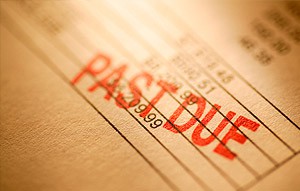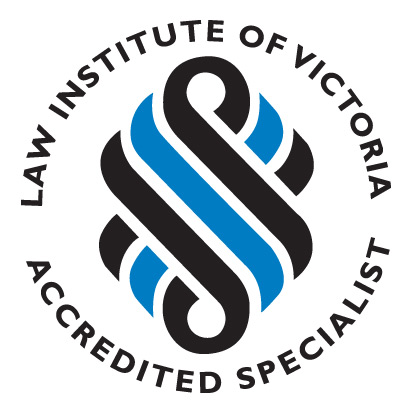One of the possibilities of coming into financial strife is that a person may have to deal with bankruptcy. Bankruptcy can have long term adverse effects on a person’s credit rating and ability to borrow money in the future. As such, it is crucial to be informed about bankruptcy and its effects.
What is bankruptcy?
Bankruptcy occurs when a person is unable to pay their debts and a trustee is appointed to control their assets and finances. It is a legal process which allows a person to temporarily change their legal status to enable them to sort out their financial affairs, in exchange for protection from being sued by creditors. Only individuals can become bankrupt.
In Australia, bankruptcy is governed by the provisions of the Bankruptcy Act 1966 (Cth). The legislation is a Commonwealth Act which means that the bankruptcy laws are the same Australia wide.
How is one declared bankrupt?
A person can be declared bankrupt in two different ways. A person can voluntarily declare themselves bankrupt or they can be declared bankrupt following a Court order.
Voluntary bankruptcy – debtor’s petition
A person can choose to become bankrupt if they have a debt of any amount which cannot be paid.
To do this, a person must lodge a debtor’s petition for bankruptcy and a statement of affairs to the Official Receiver. If a debtor’s petition is accepted, the person will be declared bankrupt and a trustee will be appointed to administer the bankrupt estate with a view to discharging the bankrupt person’s debts.
Bankruptcy by Court order – creditor’s petition
A creditor can also force a debtor to become bankrupt if they are owed $5,000 or more and the debtor is unable to pay the debt. Generally, a creditor must have obtained a judgment on their debt and served the debtor with a bankruptcy notice. A creditor may then file a petition with the Court to have the debtor declared bankrupt.
A Court decides whether to grant a sequestration order, which is an order declaring the person in question bankrupt. If a sequestration order is issued, a trustee will be appointed to administer the financial affairs of the bankrupt person.
Consequences of bankruptcy
When a person is declared bankrupt, the person’s assets will be taken by the Trustee and sold to pay the debts of the bankrupt person. However, the following assets can be kept and are protected:
- necessary clothing and household items;
- tools of trade up to a particular value;
- a car up to a prescribed value;
- certain damages and compensation payments; and
- superannuation payments.
During the period of bankruptcy, the bankrupt person:
- cannot act as a company officer or manage a company;
- may be restricted or prevented by some professional bodies from continuing in their trade or profession;
- will not be able to travel overseas without the written permission of the trustee;
- cannot borrow money over a certain amount without advising the lender of their bankrupt status;
- may find it hard to borrow money and buy things on credit; and
- can continue to generate an income. However, if the income exceeds the threshold limit, contributions must be paid to the estate toward payments of debts.
Bankruptcy normally lasts for 3 years but can be extended if the bankrupt has been unhelpful or has hidden assets from the trustee. Most debts which remain at the end of the bankruptcy will not have to be paid. However, debts that still have to be paid after bankruptcy ends include:
- fines issued by a Court;
- child support and maintenance payments;
- some Commonwealth debts, such as student loans and HECS fees;
- debts incurred by fraud; and
- debts incurred after the bankruptcy.
Conclusion
If you know someone who is having trouble paying their debts, we recommend that you suggest they obtain advice from a lawyer so that they can make an informed decision about their circumstances.
If you or someone you know wants more information or needs help or advice, please contact us on (03) 9592 3356 or email office@citypacific.com.au.


